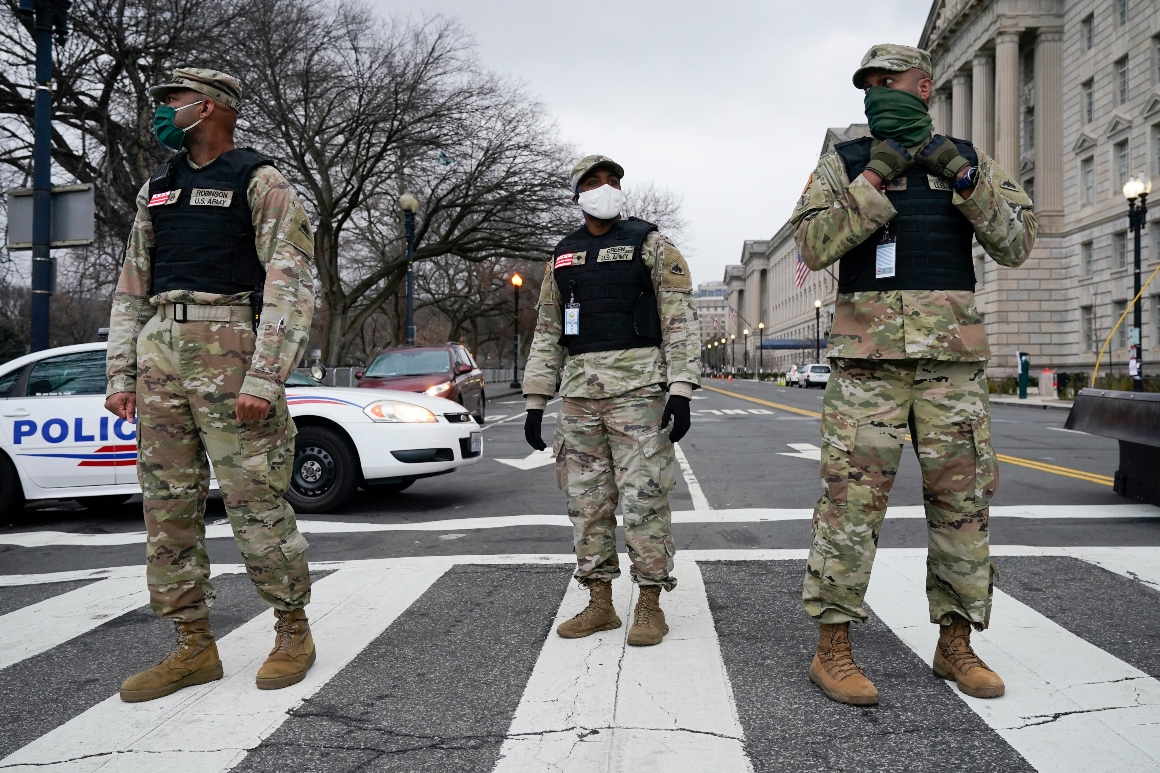
If you thought the last season of your go-to dystopian anime was crazy, wait until you learn what’s going on in the real world. President Donald Trump has pushed the notion of “law and order” to new extremes, sending National Guard and active-duty soldiers into America’s largest cities—sometimes despite local officials’ objections and amid growing legal pushback. Let’s dissect the drama, because this is one plot where the stakes are higher than ever.

The Legal and Political Battleground
Trump’s actions aren’t merely about deploying troops onto the streets—about pushing the boundaries of presidential authority. He’s issued executive orders to “strengthen and unleash” police, vowing to keep officers safe and funnel resources into cities he considers lawless. As the White House puts it, “Safe communities rely on the backbone and heroism of a tough and well-equipped police force.” However, when local officials resist, Trump’s response is often to threaten to deploy the military.

The legal basis for such deployments is unstable. The Posse Comitatus Act of 1878 generally prohibits the use of federal troops for domestic law enforcement. There are exceptions—such as the Insurrection Act—but Trump has at times circumvented these, turning to lesser-known laws or asserting inherent constitutional authority. This has prompted federal judges to intervene. As US District Judge Charles Breyer decided, “Trump broke the Posse Comitatus Act” when he deployed the National Guard into Los Angeles. The decision is on hold, but it portends a brewing legal battle over the president’s power.

The Cities in the Crosshairs
Trump’s targets are obvious: Democratic-controlled cities with large minority populations. Baltimore, Chicago, New York, and Los Angeles have all been called out. In Baltimore, Trump sparred with Governor Wes Moore, threatening to deploy troops amid declining crime rates. Moore shot back, stating Trump is “spouting off a bunch of lies about public safety in Maryland.” In Chicago, Trump has continued to label the city “desperate” and “dangerous,” calling for military deployment, even as local crime rates decline.

The president is inflammatory in his rhetoric. Speaking at a rare military function, he informed top generals that he is employing “dangerous cities as training grounds” and that troops would be heading to Chicago “very soon.” As Trump put it, “I say they spit, we hit.” Mobilization already began in areas such as Oregon, which Trump described as “a war zone.”

The Pushback
Local politicians aren’t going down without a fight. Governors and mayors have criticized the deployments as political theatrics and an attack on democracy. Illinois Governor JB Pritzker denounced Trump’s move as an effort to “manufacture a crisis” and pledged to uphold his state’s sovereignty. Chicago Mayor Brandon Johnson declared the city doesn’t require “a military occupation” and would sue to prevent one.

Civil rights leaders have chimed in as well. The Rev. Al Sharpton made the case that the deployments are “laced with bigotry and racism,” pointing out that only cities with Black mayors have been targeted. Legal groups such as the ACLU have criticized the use of active-duty troops by the administration, cautioning that Marines and National Guard troops are not trained to police protests while maintaining constitutional rights. As ACLU’s Hina Shamsi said, “Every step President Trump has taken since Saturday night has been escalatory and inflammatory.”

The Military’s Role and Risks
This is where things get particularly risky. Soldiers are trained for war, not crowd management or non-combat law enforcement. Deploying soldiers into troubled city environments threatens civilian lives and the cohesiveness of the military. The Department of Defense itself has cautioned that direct support to civilian law enforcement—such as crowd control, arrests, and searches—is a slippery slope.

Trump’s executive orders have also increased the military’s jurisdiction over public lands, particularly along the border, establishing new “national defense areas” where civilians might be prosecuted for trespassing. Millions of border residents now live under the specter of increased military control.

The Big Picture
What does this portend for democracy and civilian existence? The Founders were explicit: the military was not to be used for policing civilians except in the most dire emergencies. Trump’s increased deployments impinge on this principle, with concerns of a “national police force with the President as its chief,” warned Judge Breyer.
Civil rights, state autonomy, and federal-local balance of power are all at stake. The drama is not over yet, with court cases, political confrontations, and demonstrations going on across the nation. America’s cities are at present the battlefield for now in a battle involving high stakes on the future of law, order, and democracy itself.
